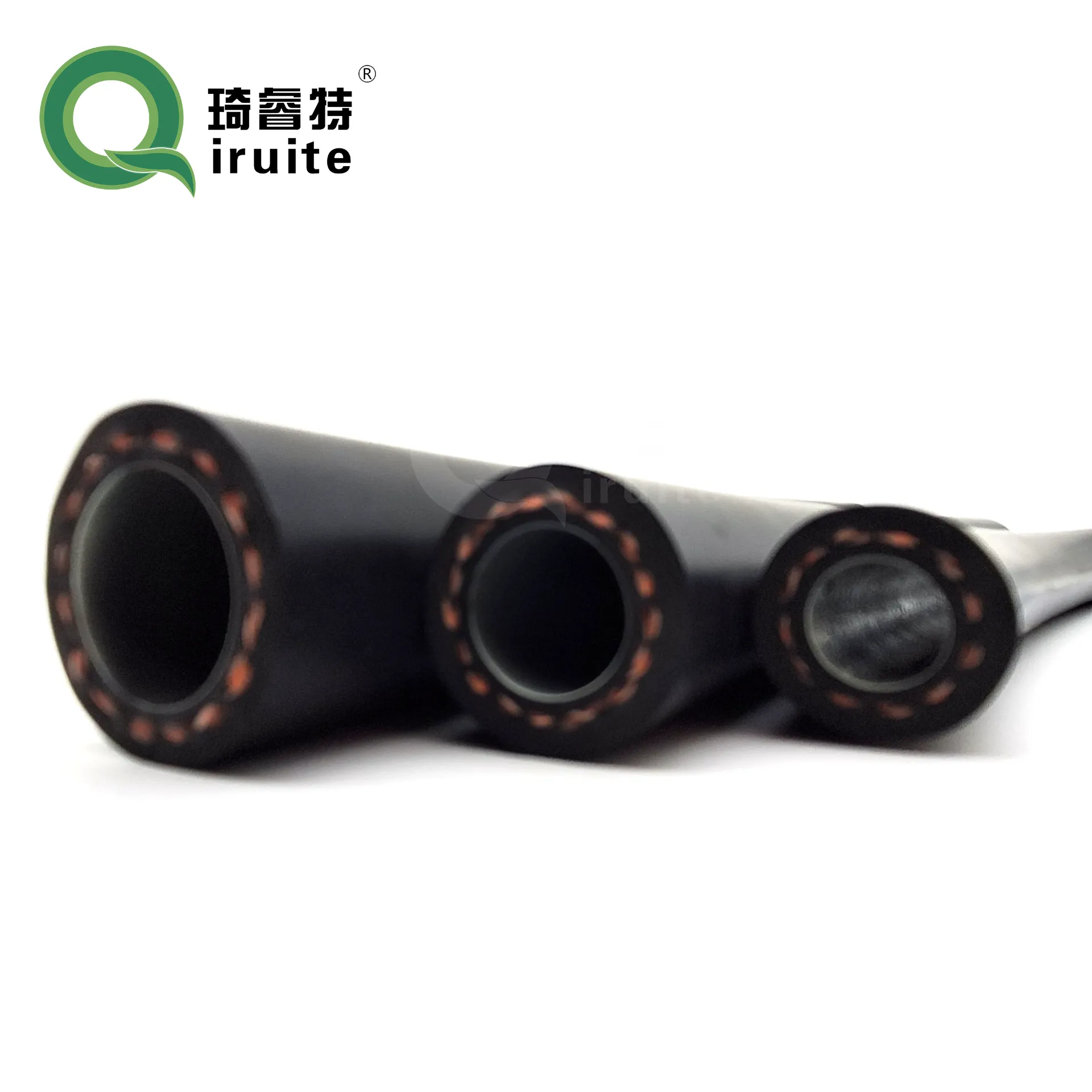Dodge Caravan Power Steering Hose Replacement Guide and Tips for a Smooth Process
Replacing the Power Steering Hose on a Dodge Caravan A Step-by-Step Guide
The Dodge Caravan is a reliable family vehicle, known for its spacious interior and comfortable ride. However, like all vehicles, it may require maintenance and repairs over time. One common issue that owners might face is the need to replace the power steering hose. This guide will walk you through the steps necessary to replace the power steering hose on your Dodge Caravan, ensuring you can maintain optimal steering performance.
Understanding the Power Steering System
Before diving into the replacement process, it’s essential to understand the role of the power steering hose. The power steering system is designed to assist drivers in steering their vehicle by reducing the effort required to turn the steering wheel. The power steering hose carries hydraulic fluid from the power steering pump to the steering gear. Over time, the hose can become damaged or worn, leading to fluid leaks and impaired steering performance.
Tools and Materials Needed
Before beginning the replacement process, gather the necessary tools and materials
- New power steering hose (specific to your Dodge Caravan model) - Power steering fluid - Socket set - Wrench set - Screwdriver set - Pliers - Shop rags - Drain pan - Safety goggles - Gloves
Step 1 Prepare Your Vehicle
To ensure safety, park your Dodge Caravan on a level surface and engage the parking brake. Allow the engine to cool completely before proceeding. For added convenience, you may want to disconnect the negative battery terminal to prevent any electrical mishaps during the process.
Step 2 Locate the Power Steering Hose
Open the hood of your Caravan and locate the power steering pump. The power steering hose is typically connected to the pump and the steering gear. Identifying the source of the leak can help in diagnosing any issues with the hose.
Step 3 Drain the Power Steering Fluid
Using a drain pan, place it under the power steering pump to catch any fluid that may spill during the replacement. Loosen the hose clamps on the power steering hose using a screwdriver or pliers and carefully disconnect the hose from both the pump and the steering gear. Allow any remaining fluid to drain into the pan.
dodge caravan power steering hose replacement

Step 4 Remove the Old Hose
Once the old power steering hose is disconnected, examine it to determine the reason for the failure (e.g., cracks, leaks, or wear). If the hose is damaged, it’s a clear indication that it must be replaced. Remove any brackets or fasteners holding the hose in place and discard it.
Step 5 Install the New Hose
Take your new power steering hose and carefully position it in place. Ensure that all clamps and brackets are aligned correctly. Connect one end of the hose to the power steering pump and the other end to the steering gear. Make sure that the connections are tight but be careful not to overtighten and damage the fittings.
Step 6 Refill the Power Steering Fluid
With the new hose installed, it’s time to refill the power steering system with fresh power steering fluid. Consult your owner’s manual for the specific type of fluid recommended for your Dodge Caravan. Slowly pour the fluid into the reservoir until it reaches the appropriate level.
Step 7 Bleed the Power Steering System
To ensure that any air bubbles in the system are removed, you’ll need to bleed the power steering system. Start the engine and turn the steering wheel from lock to lock several times. This will help circulate the fluid and push out any trapped air. Keep an eye on the fluid level, adding more fluid as necessary.
Step 8 Test Drive Your Vehicle
After ensuring everything is connected and filled properly, take your Dodge Caravan for a short test drive. Pay attention to the steering response to ensure that there are no leaks and that the system is functioning as intended.
Conclusion
Replacing the power steering hose on your Dodge Caravan is a manageable task that can be done with basic tools and a little patience. Regular maintenance will not only help prolong the life of your vehicle but also ensure a safe driving experience for you and your passengers. If you encounter any difficulties during the process or if the steering issues persist, consider consulting a professional mechanic for further assistance.
-
Ultimate Spiral Protection for Hoses & CablesNewsJun.26,2025
-
The Ultimate Quick-Connect Solutions for Every NeedNewsJun.26,2025
-
SAE J1401 Brake Hose: Reliable Choice for Safe BrakingNewsJun.26,2025
-
Reliable J2064 A/C Hoses for Real-World Cooling NeedsNewsJun.26,2025
-
Heavy-Duty Sewer Jetting Hoses Built to LastNewsJun.26,2025
-
Fix Power Steering Tube Leaks Fast – Durable & Affordable SolutionNewsJun.26,2025

